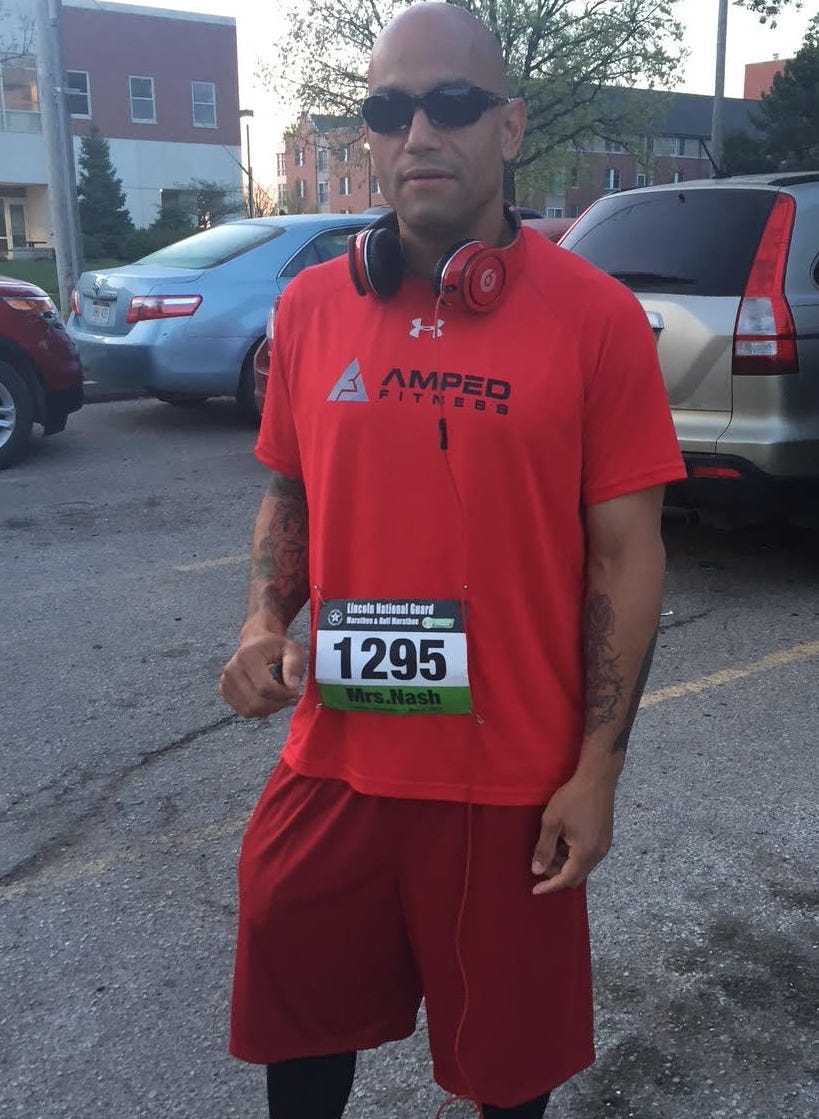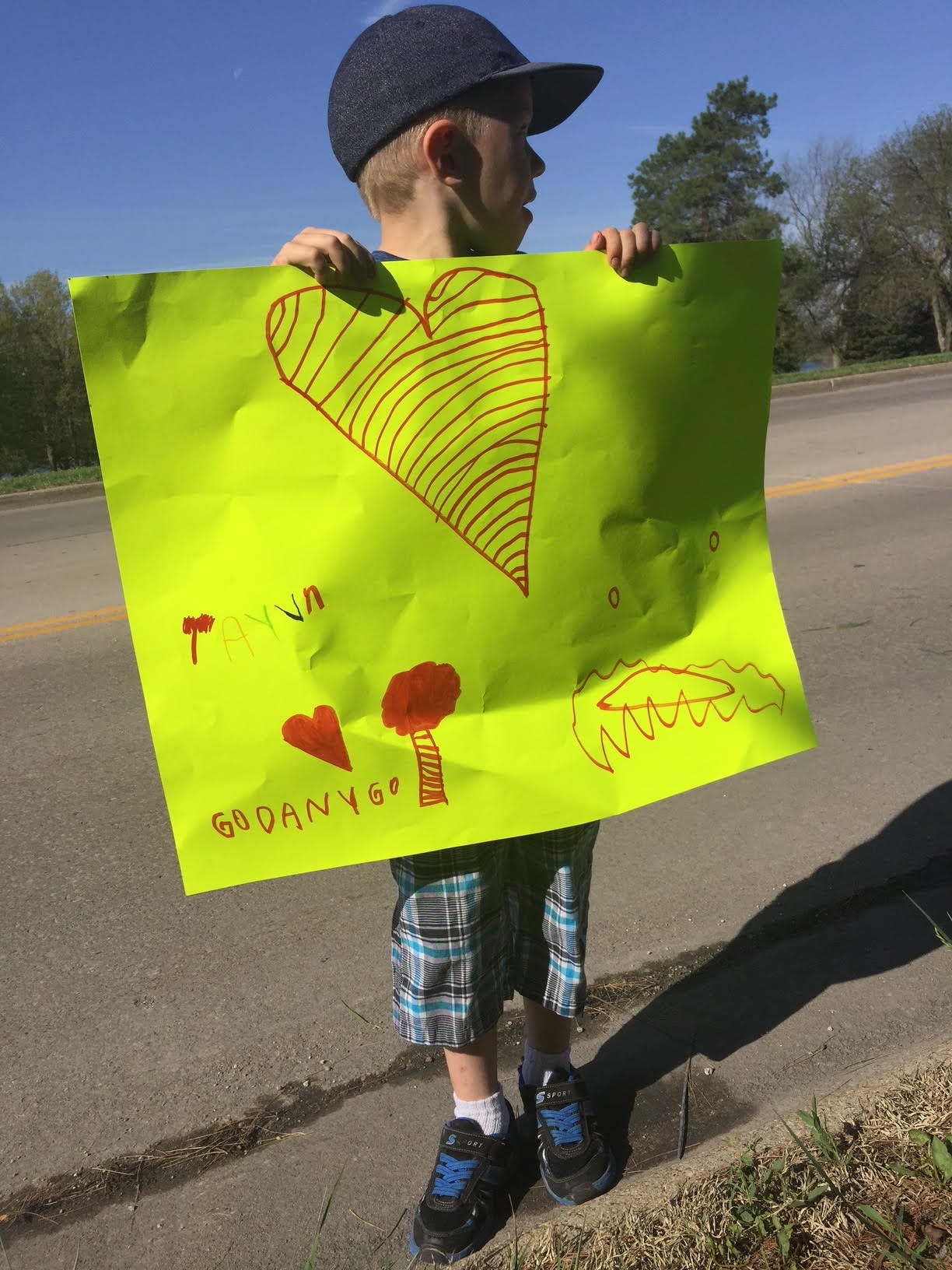I recently asked my favorite English teacher — Michelle Nash, who taught me in 6th grade, 9th grade, and 12th grade — what students REALLY need. It is an honor to publish her reflection on that question.
What Students Need
In most school stories, the teacher is the hero. A child needs help; the teacher steps in. It happens everywhere, every day—thank the Lord. Inspiring stories like that—some, in all humility, my own--kept me in the profession for over forty years.
The possibility that one adult can change the life of a child is daunting—and promising.
Then along came Danny, a troubled Hispanic eighth grader from a single-parent home. When more than once I gave up on him, this kid never gave up on me. Never abandoned our friendship. Refused to let me forget he was out there—somewhere.
Most recently he texted well-wishes on New Year’s Eve. Danny is 50.
But back to when he was 14. Danny had sauntered into my classroom in August before school started, casually mentioning it was his birthday. I introduced myself as his new English teacher and handed him a red pen. “Happy birthday!” I laughed. He shrugged—but took it.
Having transferred recently to this school, I found myself in an awkward situation. My daughter was also in 8th grade, so half the class was regularly in and out of my home and car. Now I would be dealing with them on a different level.
No student tested me like Danny. In class he was often belligerent, lazy, and taxing. Out of school, seemingly more vulnerable. One night he showed up at my house with a piece of paper—an essay due the next day. Because I was baking chocolate chip cookies, we spent more time in the kitchen than at the study table. When Danny got up to go, it was raining, so he parked his bike, and I drove him home. On the way I spoke my heart: “Tonight was nice. So, Danny, why are you so much trouble at school?”
Danny muttered, “Mrs. Nash, you might be trouble too--if you had my life.” I pulled up to his small dark house: no father, his mom worked nights. His life.
As he crawled out of the car, I said, “Danny, you’re a good guy. Not everyone knows that. You got this!”
Did things in school improve? Not a chance. In class Danny still acted indifferent, often hostile. But I sensed that he knew I cared--chocolate chip cookies notwithstanding!
“If you had my life . . .”
Before the semester was over, Danny had vandalized my classroom, failed most classes, and cussed once too often for parochial school boundaries. In the end he was expelled from the building that had been his home since kindergarten. The principal said he appeared devastated.
He wasn’t the only one.
As a seasoned teacher, I couldn’t bear that this boy had slipped through the cracks. Our entire staff had rallied to encourage and counsel. By design we alternated between praising and punishing--whatever might work at the time to redeem Danny. In the end—right or wrong--we gave up.
Fast forward through high school. Often, out of the blue, Danny stayed in touch: phone calls, dropping by the house and even his former school. Against all odds, he had lost his middle school swagger. Then graduation.
In June he announced he was enlisting in the Army. Oh, and would I drive him to the departure for basic training in Alabama? “My mom has to work.”
“If you had my life . . .”
On that overwhelming day, with his backpack and moustache, Danny barely resembled the 14-year-old “kid” I had first met. The military seemed a good choice.
Two years later the phone rang at midnight: “Mrs. Nash, it’s my birthday. I thought you’d want to know.” I did! At 20, he was serving his country in Saudi Arabia.
Throughout my teaching career, more times than I can count, I have felt like a failure. Parent complaints, administrative overreach, and teenage behaviors wore me down. Then I’d think of Danny and how he never gave up on our unlikely friendship. Maybe Danny needed me. Maybe I needed Danny! There could be others . . .
As Mark Twain said, “The two most important days in your life are the day you are born and the day you find out why.”
In a drawer I have a pile of yellow notepad letters sent from Saudi Arabia. Danny says he still has the red pen!
Has Danny’s life been perfect? No. More than once he called to say, “Mrs. Nash, I’ve been bad. Scold me.” I did—relentlessly! Drugs, alcohol, relationships . . .
“If you had my life . . .”
Even now I send him a card on most holidays. Danny still calls me “Mrs. Nash.” Since his mother has passed away, I sign each card “Mom.”
The last time I saw Danny was five years ago. I had just retired from teaching and was revolving between relief and grief. Early one June, a car pulled up in front and out crawled Danny. He hugged me while I wept. My family, in on the surprise, cheered!
Our city was hosting a marathon, and he had registered months ago. A journey of 1500 miles to run 25! Surprisingly, Danny had transitioned to a healthy lifestyle: vegetarian, nonetheless! Drug-free, alcohol-free, a routine of running and weight-lifting.
Danny jogged the city streets wearing (of all things) my name on his jersey: MRS. NASH, #1295.
Meanwhile, my daughter, her two boys, and I--armed with poster board signs, snacks, and water--tracked the racers over the next few hours, cheering: “Go, Danny, go! You got this!”
In reflection, what could be a more fitting metaphor for a teaching career—or a friendship--than a long-distance race! Some miles, a breeze; others, grueling.
Danny, if you had my life . . .
As someone said, “Teaching is the greatest act of optimism.” Every day I say a prayer of thanks for the opportunity. When God puts a desire in your heart, He’ll always find a place for you to live it out. And He’ll bless with countless, unimaginable rewards.
The possibility that one child can change the life of an adult is daunting—and promising.
That said, here’s a challenge for today’s students: Find at least one teacher to motivate, nurture, inspire, befriend.
Rally him or her in all manner of creative ways—notes, cards, smiles, thumbs up, phone calls at midnight. Be the wind beneath their wings.
Above all, randomly show up. (A plate of cookies never disappoints.)
“Hey, Teach. Hang in there. YOU GOT THIS!”






